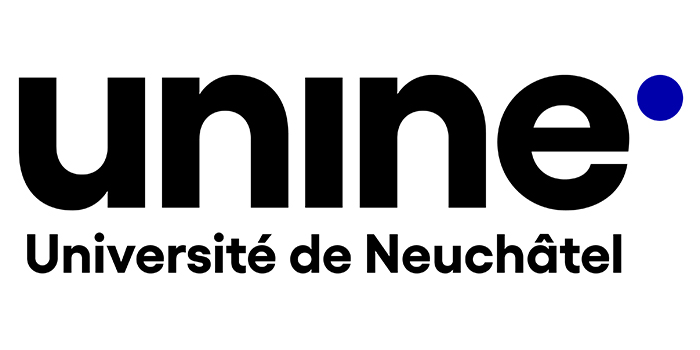Is studying something for me?
University can be the right option, but it’s not the only one. Questions often arise at school or during vocational training: why should I go to university? Is such a lengthy investment worth it? What are my career prospects after graduation?
Often, these questions can only be answered during or after your degree. As a result, it is normal for a person’s professional career to evolve and change over time. Many roads lead to Rome – and the destinations can become more precise and/or change over the course of the journey.
Here are a few good reasons to study at university. They can also help convince those around you !










